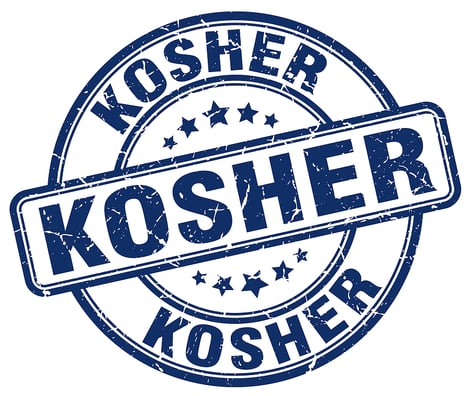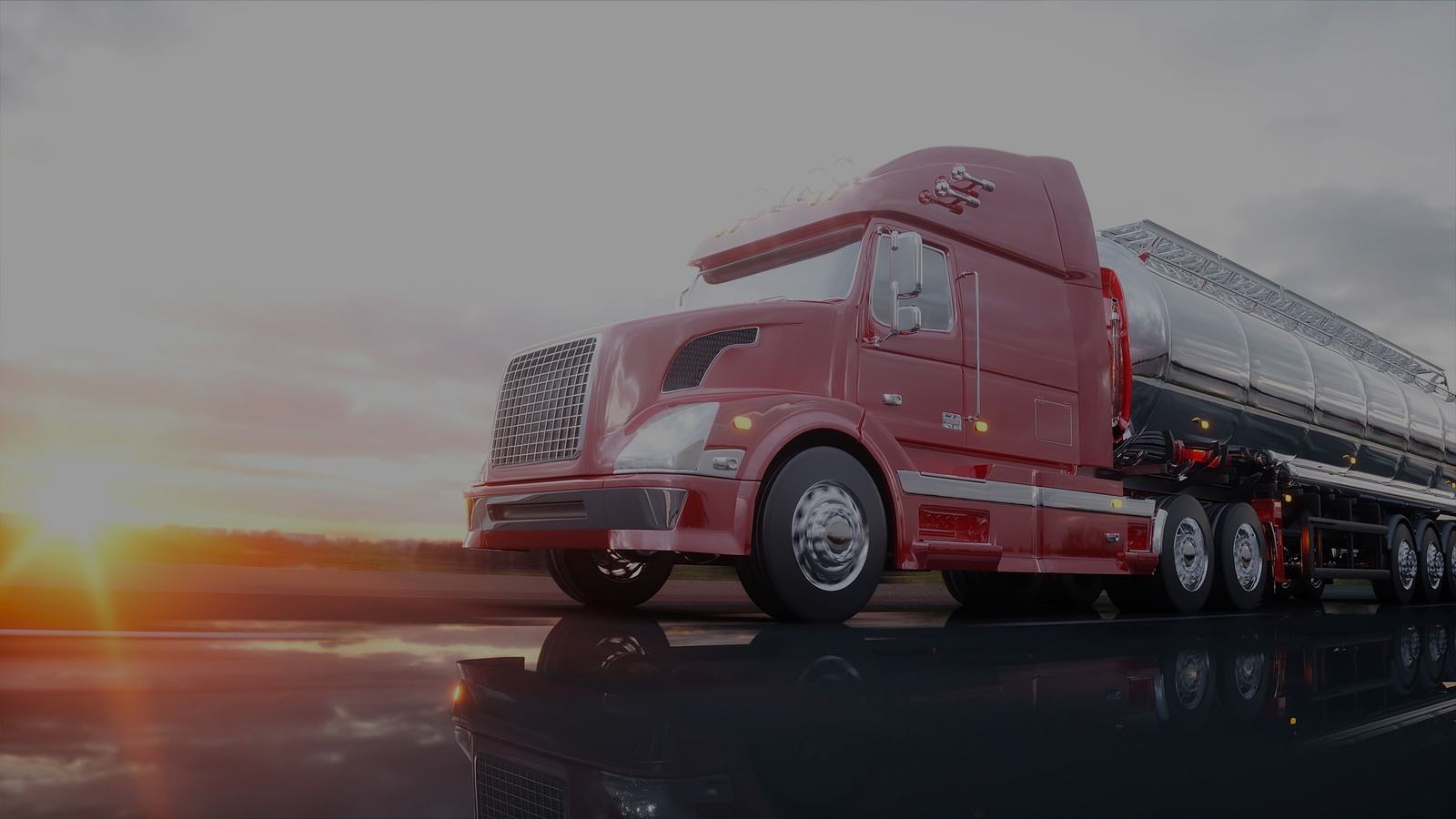The kosher tank wash process is a specific cleaning procedure used to ensure that transportation and storage tanks comply with kosher dietary laws. This is especially important in the food, beverage, and pharmaceutical industries, where tanks might be used to transport or store products that must meet kosher certification standards. The process involves several key steps to ensure that the tanks are free from any non-kosher residues and are suitable for holding kosher products. This article provides a general overview of how the process works.
The steps of a kosher tank wash
 Tank wash facilities that perform kosher tank washes must be kosher-certified and have a rabbi to guide their wash processes. This ensures the tank is properly prepared according to kosher standards. Rabbis may also bless the tank, especially for products that are “Kosher for Passover.”
Tank wash facilities that perform kosher tank washes must be kosher-certified and have a rabbi to guide their wash processes. This ensures the tank is properly prepared according to kosher standards. Rabbis may also bless the tank, especially for products that are “Kosher for Passover.”
- Emptying the Tank: The first step is to completely empty the tank of its previous contents. This includes draining all liquids and removing any residues or sediments.
- Pre-Rinse: The tank is then rinsed with water to remove any loose residue. This step helps in reducing the amount of residue that needs to be cleaned during the subsequent steps.
- Caustic Wash: A caustic solution (often sodium hydroxide) is used to clean the tank. This chemical wash removes oils, greases, and other organic residues. The concentration of the caustic solution and the temperature at which it is applied can vary depending on the requirements for the kosher certification and the type of residues being cleaned.
- Intermediate Rinse: After the caustic wash, the tank is rinsed again with water to remove any remaining caustic solution and residues that have been loosened by the chemical wash.
- Acid Wash: An acid wash (using a solution like phosphoric or citric acid) may follow the caustic wash. This step helps to neutralize any remaining alkaline residues and can help in removing mineral deposits.
- Final Rinse: The tank undergoes a final rinse with water, which may need to be at a specific temperature or quality (e.g., potable water) according to kosher certification standards.
- Inspection and Drying: After the final rinse, the tank is inspected for cleanliness. Any remaining moisture is removed, often using air drying, to ensure that the tank is completely dry and free of any potential contamination.
- Kosherization: In some cases, a process known as “kosherization” may be required. This could involve the use of boiling water or steam to heat the interior surfaces of the tank to a temperature that ensures the removal of any non-kosher traces. The exact requirements for kosherization can vary depending on the rabbinical authority overseeing the certification.
- Documentation and Certification: After the cleaning process, documentation is often required to verify that the tank wash has been performed according to kosher standards. This documentation is crucial for the tank to be certified as kosher and may be reviewed by a rabbinical authority or kosher certification agency.
The specific steps, chemicals used, and temperatures required can vary based on the type of product that was previously in the tank, the product that will be stored or transported next, and the standards of the kosher certification authority involved. It's important for companies seeking kosher certification to work closely with a certifying agency to ensure compliance with all kosher laws and standards.
Lean on the Tank Wash Finder to locate kosher washouts
The Tank Wash Finder is an online tool developed by Bulk Connection in order to provide the most comprehensive tank wash directory available. While other tank wash directories largely consist of the names, addresses and phone numbers of tank washes across North America, the Tank Wash Finder goes a step further and provides information about the cleaning and maintenance services performed – including kosher washes. This level of detail can save your driver from wasting hours-of-service time by driving to the nearest tank truck wash only to find out it can’t meet your needs.
The Finder currently displays detailed information on facilities and services for over 400 wash locations in North America. It is the result of an exhaustive campaign in which we contacted every one of these facilities to obtain detailed information about their services.
To use this tool, simply visit tankwashfinder.com and enter the state in which you’re looking for a truck wash. From there, you’ll see icons of all the wash facilities in the region. Click on an icon to view more information about the facility.
And to learn more about working with a freight expert that can handle all your bulk transportation needs, contact Bulk Connection today.




